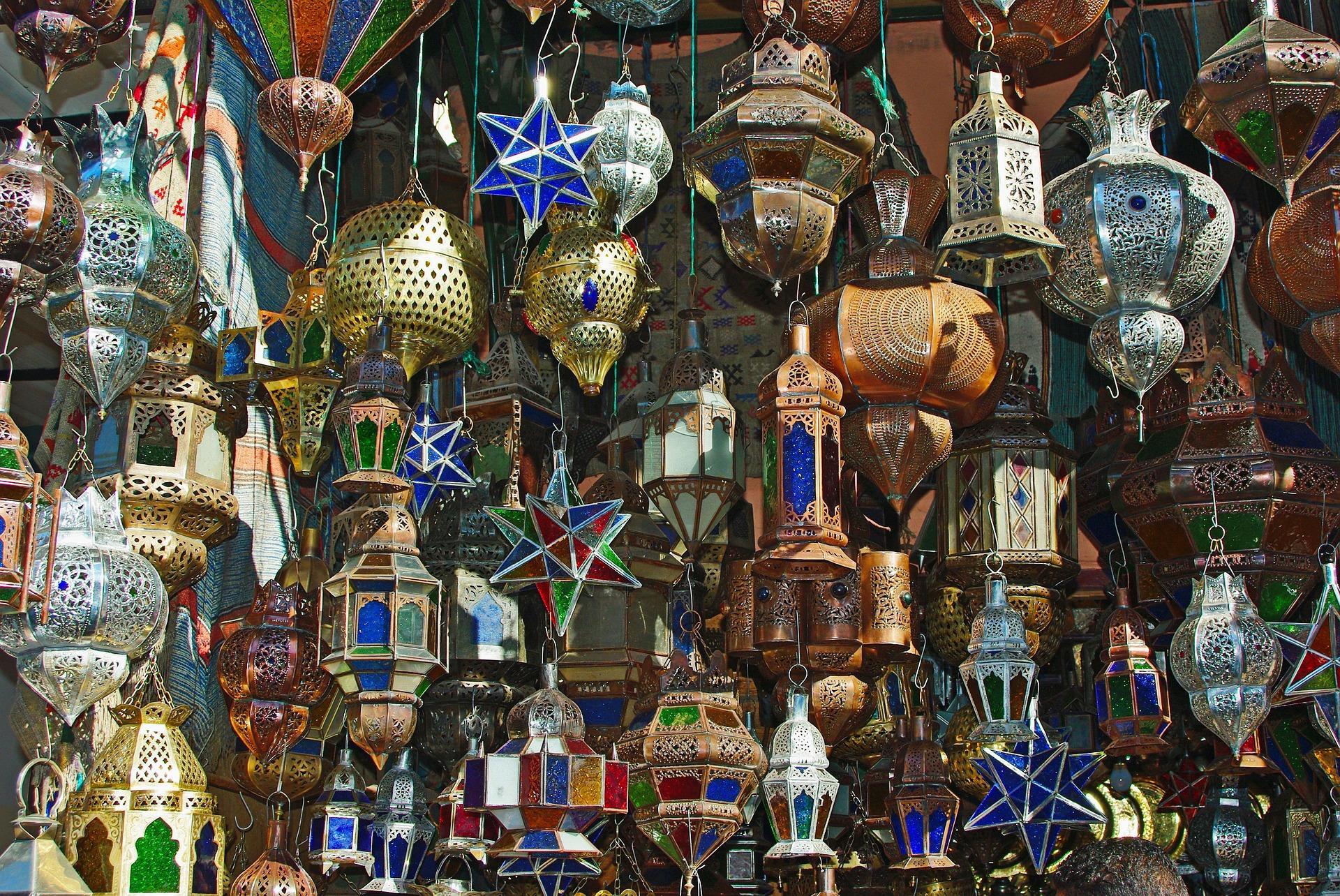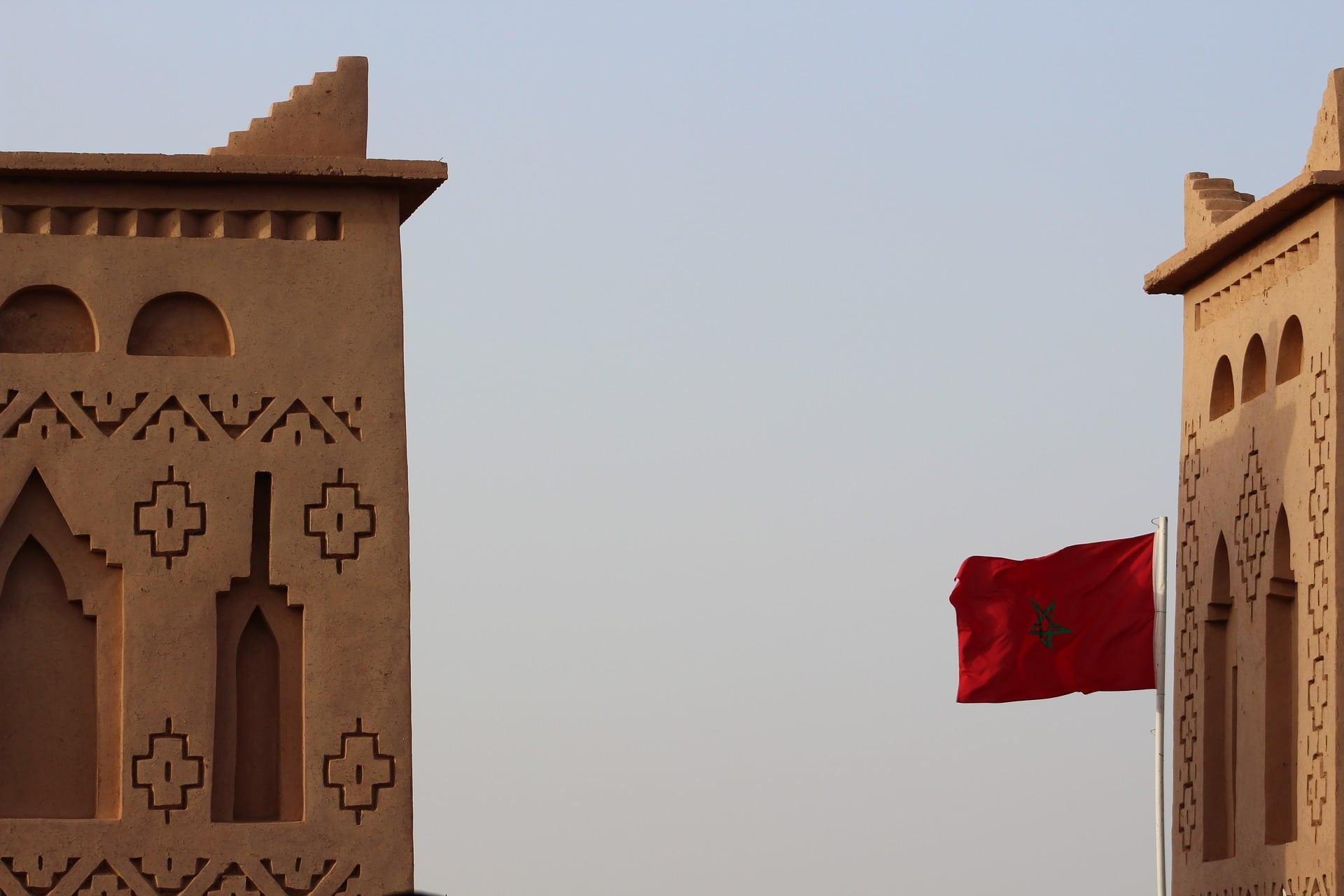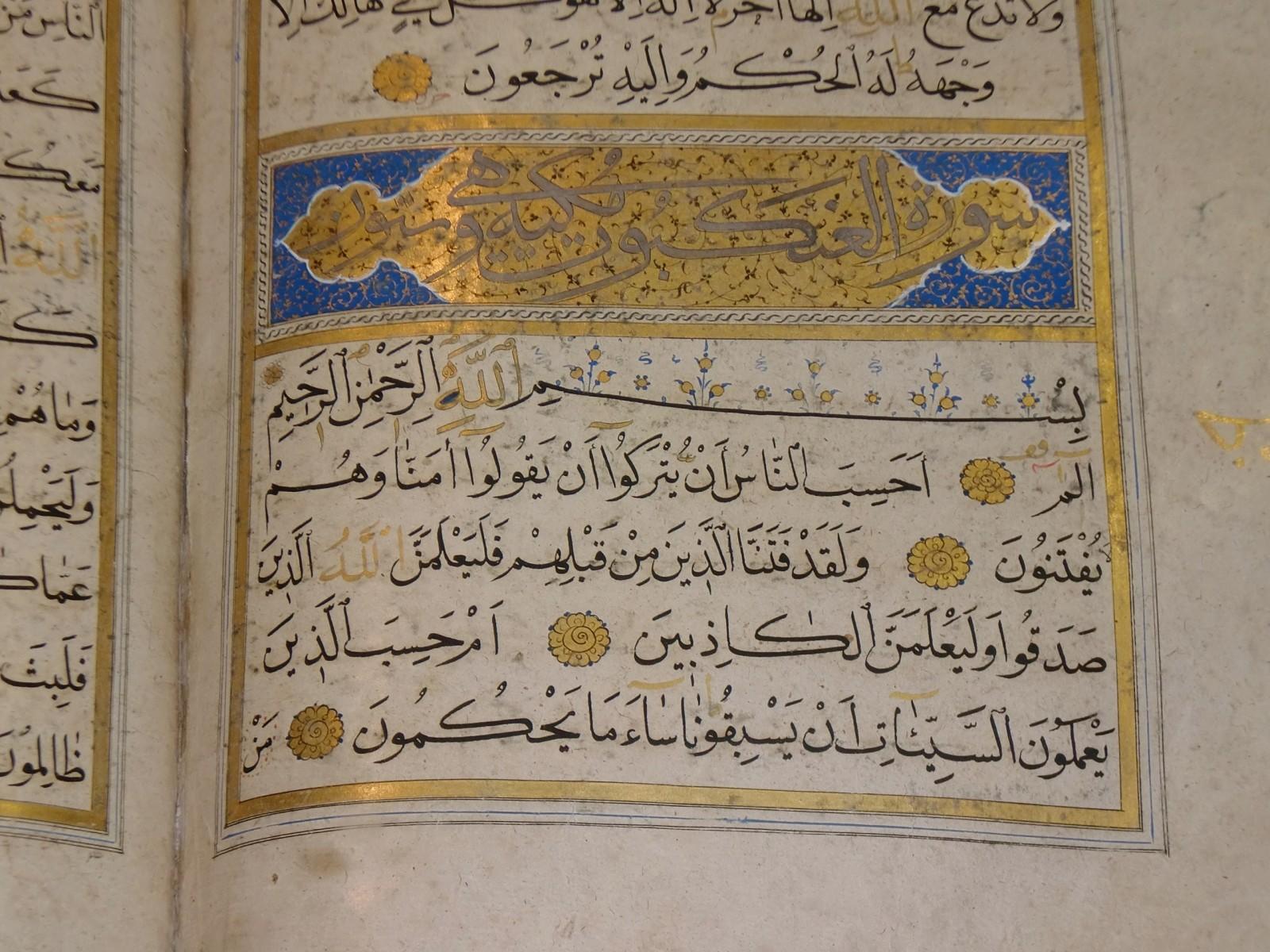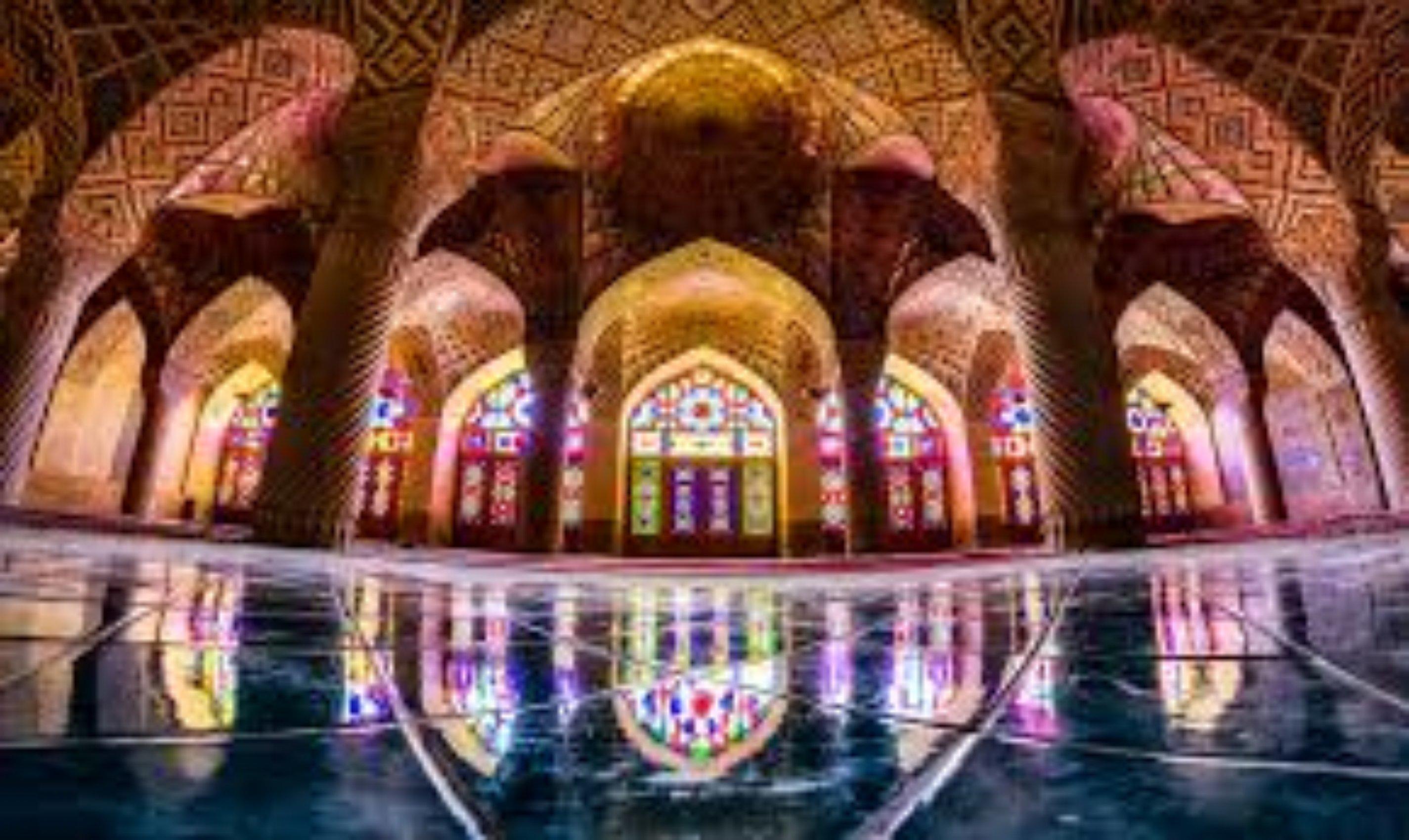What To Know When You're Learning Arabic For The First Time For most of us, the first writing system that we get to learn is either the Roman alphabet from A to Z or basic strokes consisting of horizontal or vertical lines. The world of foreign languages is a wide one, really. And we are[…]
30 November 2022∙7 minutes to read
Advice for visiting Marrakech “The gladdest moment in human life, methinks, is a departure into unknown lands.” - Sir Richard Burton Morocco is becoming more and more popular. Between 2004 and 2018, the number of international flights to Morocco has doubled. This is, in part, thanks to some of the country’s larger cities becoming more[…]
30 October 2019∙6 minutes to read
Planning a Trip to Morocco “Morocco is such a beautiful place. It's incredibly beautiful. And also it is captivating place because for a writer, you feel that you make impact. I mean, when I write something in the press, the day after in the fish market, people will be discussing it.” - Fatema Mernissi Morocco[…]
30 October 2019∙6 minutes to read
Going to an Arabic-speaking Country to Learn Arabic “Patience is the key to well-being” - Muhammad (pbuh) Heading to one of the 22 countries in the Arab League (countries with Arabic as an official language) is the best way to learn the different aspects of the Arabic language: the writing system, Arabic vocabulary, pronunciation, grammar,[…]
22 March 2019∙6 minutes to read
The Beauty Of Arabic Culture Learning about the Arab world is about more than just getting on a plane and visiting a different land. It is also about understanding and noticing how integrated Arab culture is with our daily lives and being open to learning about new and different customs than our own. With respect,[…]
28 May 2018∙7 minutes to read
Top Tips For Fun Arabic Learning Whether you have aspirations to travel the world, Meet new people from different cultures or just give your brain a new challenge. There is no denying that learning to speak a second language has amazing benefits. Not only does it allow you to meet new people, breaking down cross-cultural[…]
14 May 2018∙8 minutes to read
How to Read, Write and Speak Literary Arabic Literary Arabic, spoken Arabic dialects, Classical Arabic, Modern Standard Arabic…just how many different versions of Arabic are there? Isn’t there just one version of the Arabic language? Unfortunately, not quite. Arabic is a language that has deep links with Islam, and one that can trace its history[…]
20 February 2018∙9 minutes to read
Is Learning Arabic Difficult? And How Long Does It Take? You’ll often hear how difficult it is to learn Arabic for Europeans or North Americans. The Arabic alphabet, byzantine grammar, and pronunciation are all radically different from our Romance and Germanic roots, not to mention the Arabic grammar and how to pronoun some words and[…]
20 February 2018∙7 minutes to read
What Are the Different Ways of Learning Arabic? Arabic is a rich and diverse language that is an official language in 26 countries, and is spoken by almost 300 million native speakers worldwide. It is true, however, that for English native speakers, Arabic is substantially more difficult to learn than the European languages of Spanish,[…]
20 February 2018∙8 minutes to read
How to Learn Arabic: What Learning Tools Facilitate Arabic Language Training? "Rome wasn't built in a day." Tell that to someone wanting to learn a new language. If you are looking to be fluent in Arabic and imagine you will be able to learn a new language in a handful of weeks, you are carving[…]
20 February 2018∙9 minutes to read
The Best Way to Learn Arabic: Listen to All of the Tips Are you, like many others, thinking about learning Arabic? Forget what you may have been told. Of course, speaking Arabic may seem, at first glance, to be an insurmountable task after a lifetime of speaking a Latin-based language. You've been told that Arabic[…]
20 February 2018∙8 minutes to read
The Arabic Language in All its Forms As its name indicates, Arabic originated on the Arabian peninsula in the Middle East. It's a term shared by a group of Semitic languages (Hebrew and Aramaic are others). Its speakers number 300 million around the world, mostly in the Arab world of course, and it is the[…]
20 February 2018∙7 minutes to read
Learning Arabic and the Muslim World According to a poll conducted by OpinionWay in 2015, 97% of parents of school-age children said that learning a foreign language would be an asset in professional life. Arabic has been named as one of the most important languages to learn in the future. Indeed, learning the Arabic language,[…]
20 February 2018∙8 minutes to read
What Resources Can Help You with Learning Arabic Online? To understand Arabic will take time and dedication. An Arabic course is a great way to learn Arabic in your free time, but it is not the only way to go about it. Of course, there are linguistic courses offered at schools as well as home-based[…]
20 February 2018∙7 minutes to read
Tips for Taking Private Arabic Classes Arabic is a fascinating language made up of different dialects and written forms, and is the 5th most spoken language in the world. Having just a conversational level whereby you can communicate with a native speaker by using only a few key Arabic words or Arabic phrases and expressions[…]
20 February 2018∙10 minutes to read
The Many Benefits of Learning Arabic With more than 300 million speakers worldwide, Arabic is the fifth most spoken language in the world and one of the most widespread in terms of the distribution of its speakers. Arabic is a language that deserves a lot of attention due to its geographical, historical, philosophical, economical, cultural,[…]
20 February 2018∙7 minutes to read
Exploring the Profound Benefits of Learning Arabic 🔎
Arabic, one of the world’s oldest and most richly nuanced languages, offers a multitude of benefits for those who choose to embark on the journey of learning it. As the fifth most spoken language globally, Arabic holds cultural, economic, and intellectual significance.
💃 Cultural Enrichment
Arabic is deeply intertwined with the history and culture of the Arab world, which spans across 22 countries. Learning the language provides a unique gateway into the rich tapestry of Arab traditions, literature, art, and music. It allows individuals to appreciate the nuances of Arabic poetry, understand classical literature, and connect with the cultural heritage of diverse communities.
🌏 Global Communication
Arabic is the official language of 22 countries and is spoken by over 300 million people worldwide. It fosters connections with native Arabic speakers, facilitates travel in Arabic-speaking regions, and enhances the ability to engage in diverse global conversations. Proficiency in Arabic is a valuable asset in an increasingly interconnected world, breaking down linguistic barriers and promoting international understanding.
💼 Professional Opportunities
The Arab world is an economic powerhouse, and many multinational corporations seek employees with Arabic language skills to navigate this dynamic market. Furthermore, diplomats, international relations professionals, and those in the field of humanitarian aid often find Arabic proficiency essential for effective communication and negotiation in the Middle East.
👩💻 Opportunities in Translation and Interpretation
Governments, businesses, and international organisations require professionals who can bridge language gaps and facilitate effective communication. Proficiency in Arabic positions individuals for careers in translation and interpretation, playing a crucial role in fostering understanding between Arabic and non-Arabic speakers.
✈️ Travel and Tourism
Arabic-speaking countries are home to some of the world’s most iconic and historically significant landmarks. Learning Arabic enhances the travel experience, allowing individuals to navigate local customs, interact with residents, and fully immerse themselves in the cultural richness of the region. Whether exploring the ancient wonders of Egypt or the vibrant markets of Morocco, knowledge of Arabic enhances the depth of travel experiences.
How to Start Learning Arabic as a Beginner 🤔
Private home tuition is one of the best ways to learn quickly. Arabic classes can then be personalised, and this individualised approach will enable you to improve your skills quickly.
Additionally, memorisation of vocabulary is essential. You have to get used to new grammatical rules, and it’s also necessary to familiarise yourself with any new sounds, such as by learning how to correctly pronounce the words learned. Practising orally and registering sounds is a very formative exercise!
And, if you want to truly pursue the Arabic language for academic, professional, or personal reasons, you should check out Superprof for the best Arabic language tutors around Malaysia and online.
Indeed, the journey of learning Arabic is a transformative and rewarding experience that enriches the lives of those who embark on it!

















